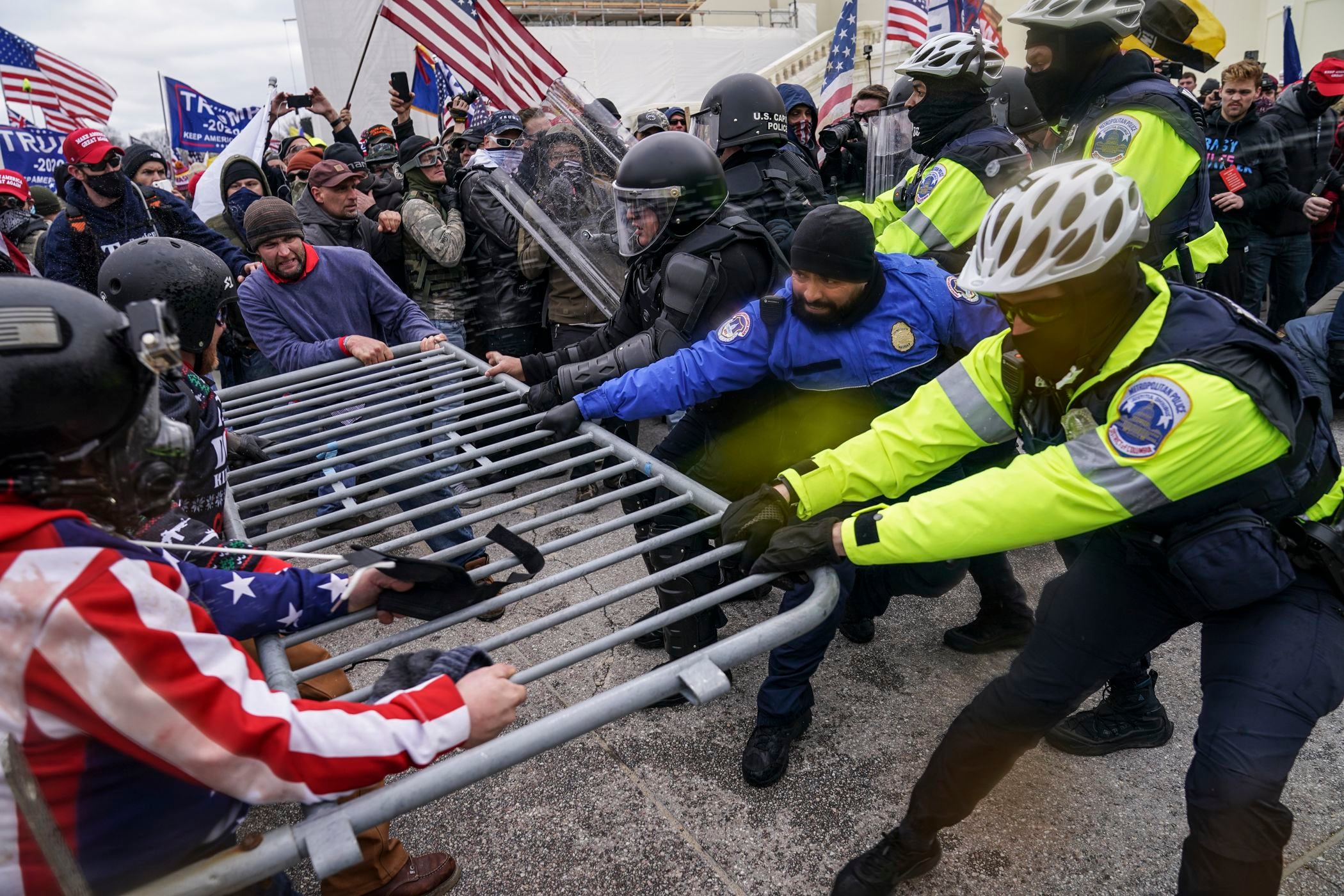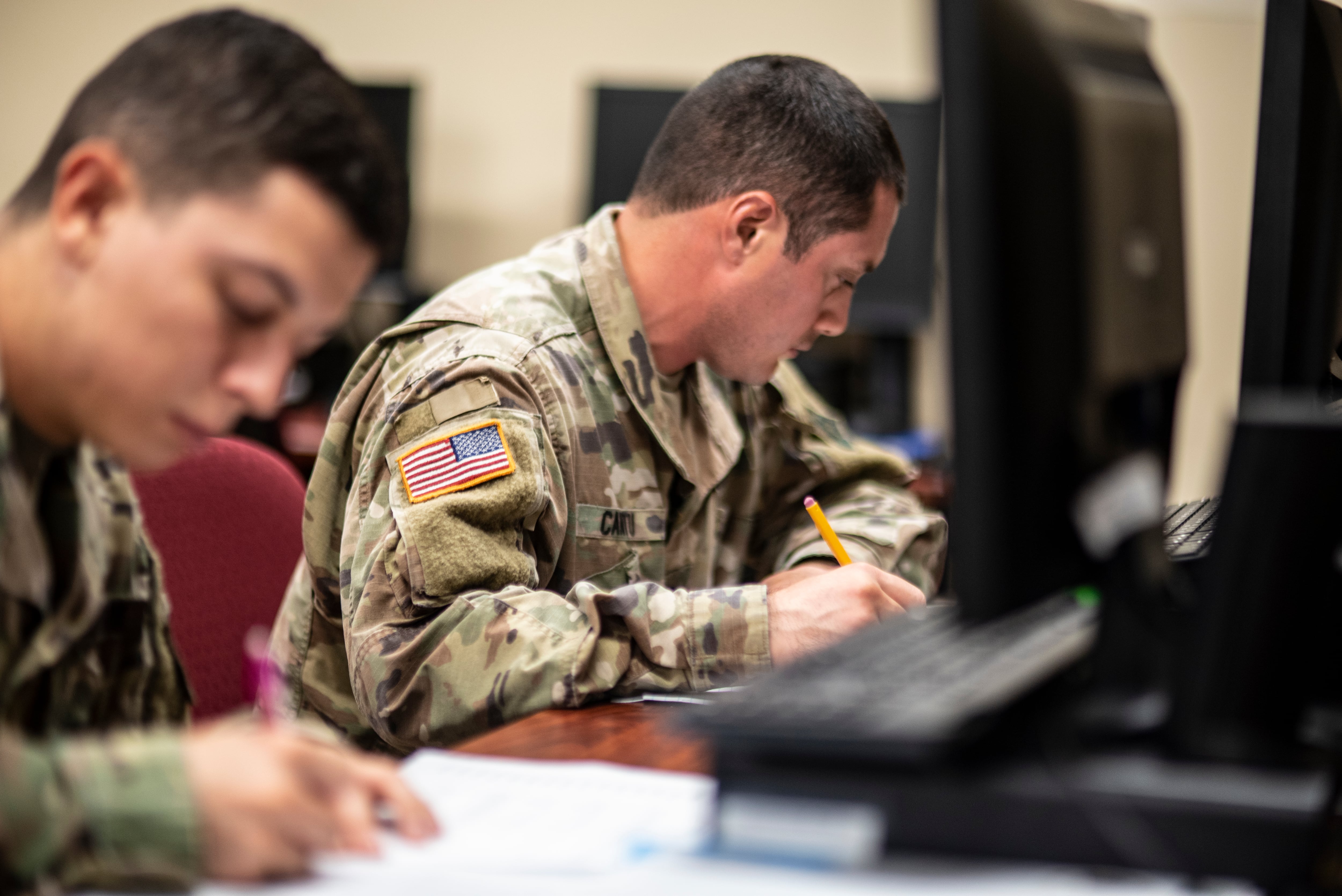WASHINGTON — The White House shed new light Monday on the legal foundations for President Barack Obama's expansive use of U.S. military power to target extremists overseas, in a report that also offered the first confirmation that the U.S. now deems the al-Shabab group in Somalia to be inherently linked to al-Qaida.
In a 60-page report obtained by The Associated Press ahead of its public release, expected Monday, the administration said it believes the U.S. can target al-Shabab, which seeks to establish a strict Islamic emirate, under a law Congress passed in 2001 just after the Sept. 11 terrorist attacks. The decision reflects a deepening U.S. engagement in the fight against Islamic militants in Somalia as well as a broadening application for the law initially written to authorize the president to target al-Qaida.
Until recently, the administration had not designated al-Shabab as part of the al-Qaida conflict, which meant the U.S. was limited to targeting individual Shabab leaders that the U.S. determined were closely tied to al-Qaida. Other strikes by the U.S. in Somalia were justified as self-defense for U.S. forces helping partners like the African Union.
The White House report offers the most comprehensive look to date at how the White House has adjusted its domestic and legal rationale behind the various conflicts the U.S. has been engaged in since Obama took office, along with criteria the Obama administration used to determine which policies applied to which conflicts.
Obama, in a foreword to the report, said his administration had tried to apply "rules, practices and policies long used in traditional warfare" to a new type of conflict embodied by extremist groups, who often "do not wear uniforms or respect geographic boundaries" and show little regard for the rules of war.
"To say that a military tactic is legal, or effective, is not to say that it is wise or moral in every instance," Obama said.
In a presidential memorandum also slated to be issued Monday, Obama planned to call for the report to be updated and released publicly on an annual basis.
For Obama, who ran for president aiming to rein in what he perceived as military excesses of the Bush administration, the report is an illustration of how his hopes of restoring checks on the commander in chief's war-making powers ran into challenges posed by gridlock in Congress — and by Obama's own inclination toward surgical strikes that don't require a large, long-term U.S. military footprint.
At the heart of the legal infrastructure Obama has relied on is the 2001 authorization for use of military force, which authorized the U.S. to go after al-Qaida, the Taliban, and "associated forces" both inside and outside of Afghanistan. The Obama administration now relies on that law to justify military action in Afghanistan, Yemen, Iraq, Syria and Libya, the report shows.
Over the years, as al-Qaida diminished as a top threat and other groups have risen, the administration's view of what groups fell under the "associated forces" designation grew broader, drawing concerns from some constitutional and civil liberties groups that the post-9/11 law was being stretched far beyond lawmakers' original intent. After all, when Congress approved that resolution, the Islamic State group didn't exist, though it's now being targeted by the U.S. in multiple countries under that legal justification.
The new designation for al-Shabab allows the U.S. to target all of the group's members. Senior administration officials said the shift was warranted because the U.S. has collected intelligence affirming the two groups are sufficiently linked, including pledges of loyalty by al-Shabab to al-Qaida.
"In short, al-Shabab has entered the fight alongside al-Qaida and is a co-belligerent with al-Qaida in hostilities against the United States," the report says.
The broad use of the 2001 law under Obama to justify actions in numerous countries has raised concerns about how President-elect Donald Trump might use that precedent to claim authority for even broader use of military power. During the campaign, Trump vowed an aggressive fight against ISIS and other extremist threats emanating from the Middle East.
When Obama in 2014 announced the U.S. would target ISIS with airstrikes, the president said the 2001 law gave him authority because the group had grown out of al-Qaida — in fact, its previous name was al-Qaida in Iraq. Yet months later, Obama asked Congress to pass a new war powers resolution that could replace the outdated law and more specifically address the threat from groups like ISIS.
Obama's insistence that he still had authority under the 2001 left him an opening to continue the operations even when Congress did not act to approve a new resolution. Yet some of Obama's critics have said that he undermined his argument that a new resolution was needed by claiming he had the needed authority with or without it.
"If a president can't convince Congress, as the proxy for the people, of the need to do this such that they will pass an authorization to do it, then we ought not to be using force abroad," said Scott Roehm, vice president of the Washington-based Constitution Project.
The White House report also includes new details about how the Obama administration determines which regions are "areas of active hostilities," or war zones, which are subject to less stringent limitations on the use of military action. The report says that determination takes into account not only whether a war has been declared there, but also the size and scope of the threat, the scope of the U.S. involvement and the threats posed to U.S. forces in the area.





